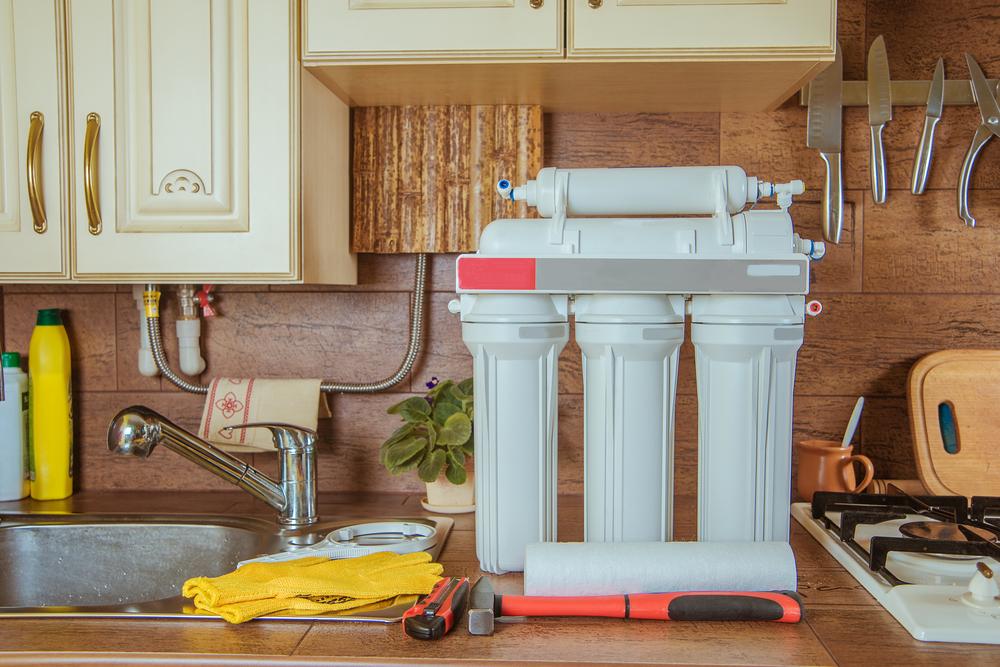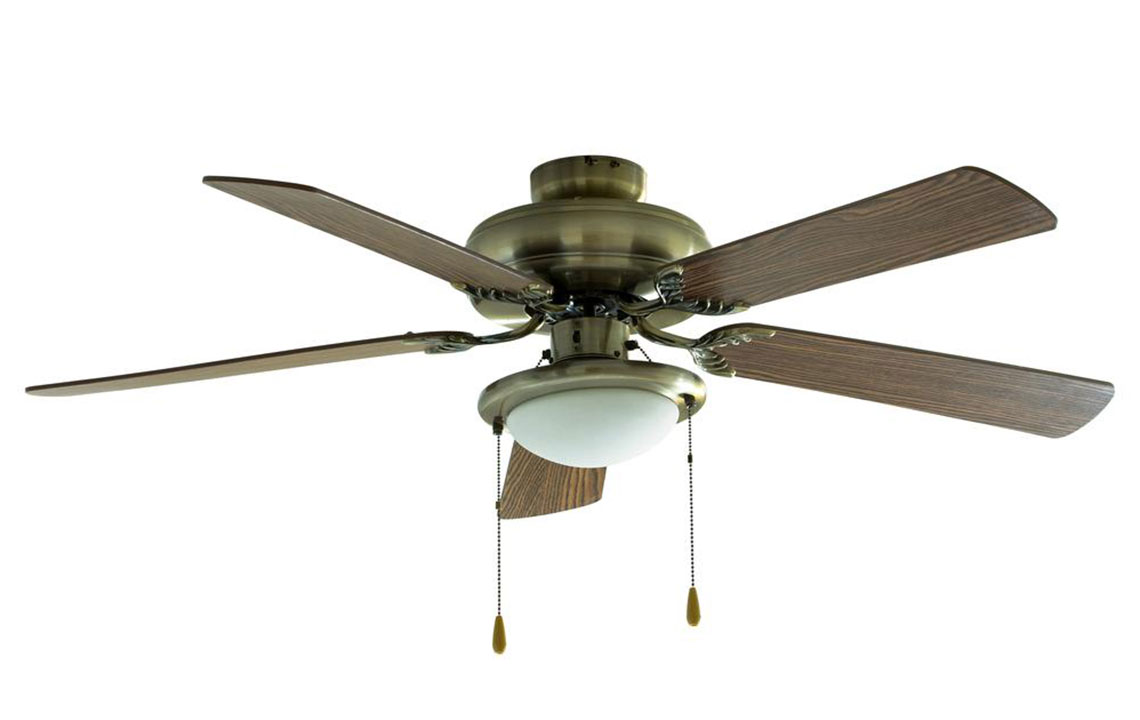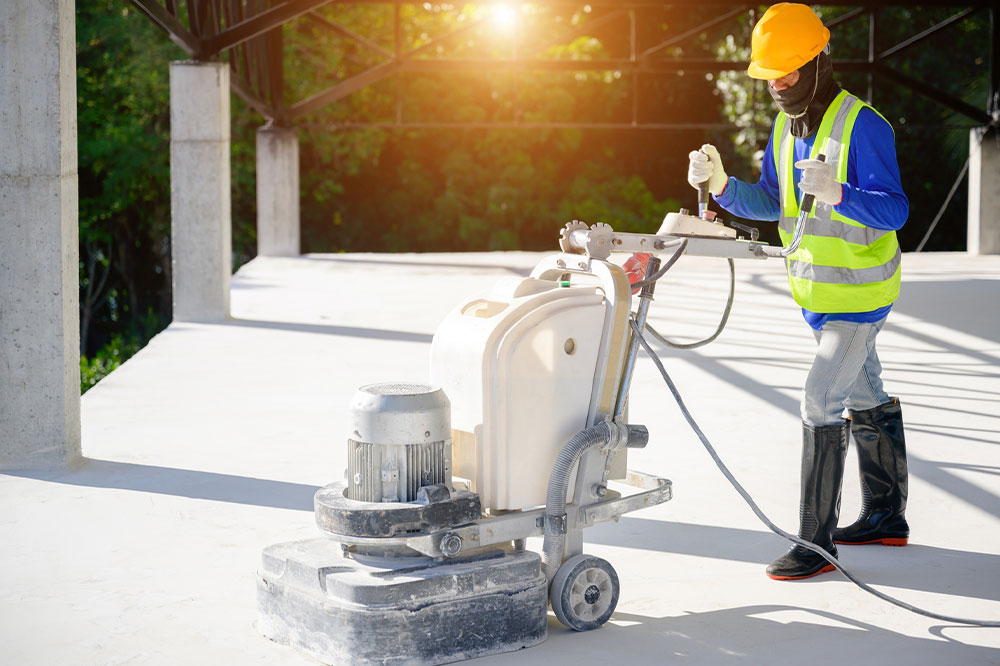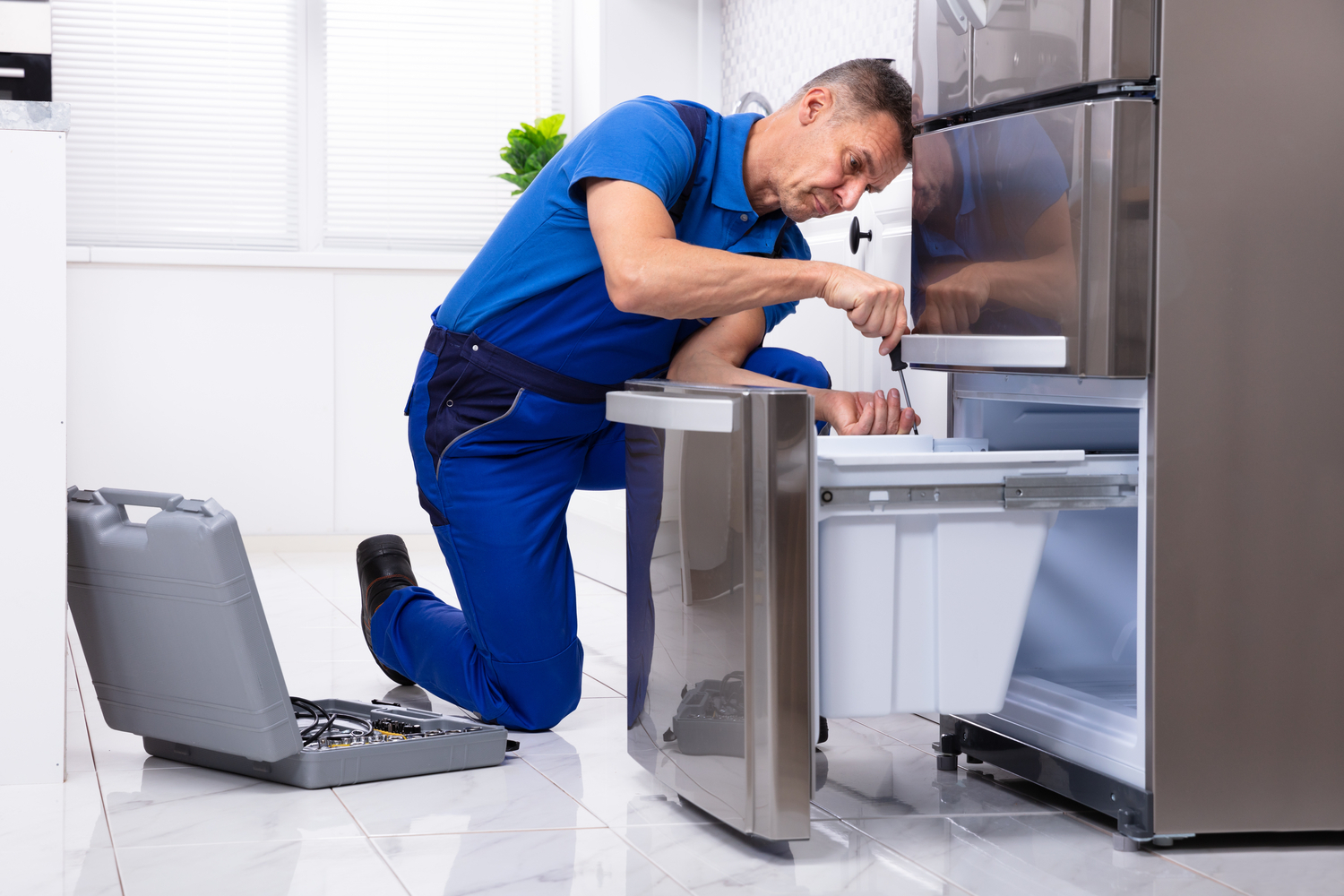Ultimate Buying Guide for Water Softening Systems
Learn how to select the ideal water softener system for your home. This guide covers essential factors such as flow rate, softening capacity, maintenance, and water hardness testing. Discover the benefits of salt-based versus saltless systems, portable options, and expert tips to ensure safe, soft water and protect your appliances and plumbing for years to come.
Sponsored

Comprehensive Guide to Selecting the Perfect Water Softener System
Hard water can cause damage to household appliances, clog pipes, and negatively affect your skin and hair. Without a proper water softening system, scaling buildup can occur in devices like coffee makers, kettles, and irons, reducing their lifespan and performance. Additionally, hard water harms plumbing over time through corrosion and blockages. Investing in a high-quality water softener not only prevents these issues but also ensures access to safe, soft drinking water. If you're unfamiliar with softening options, this guide will help you choose wisely.
Flow Rate of the Softener System
One key specification to consider is the system’s flow rate, which indicates how quickly it can treat water. Measured in gallons per minute, the flow rate should match your household’s water consumption to ensure efficient performance. If unsure, consult your local water authority for average usage data in your area.
Softening Capacity
The capacity of a softener, often measured in grains per gallon, determines its ability to handle the hardness level of your water. If you're uncertain about your water’s hardness, testing kits are available commercially and often included with softener purchase packages. Water with 1 grain per gallon is considered soft, whereas water exceeding 7 grains per gallon is classified as hard. For very hard water, salt-based softeners generally provide superior results compared to saltless models.
If you need to determine your water’s hardness, a simple testing kit can provide accurate results. Many manufacturers offer complimentary water testing services, helping you select an appropriate system. Proper choice depends on water hardness levels; for extremely hard water, a salt-based softener is often recommended. Portable units are also available for travel or RV use. Additionally, explore alternative softening technologies and models to find the best fit for your needs.






